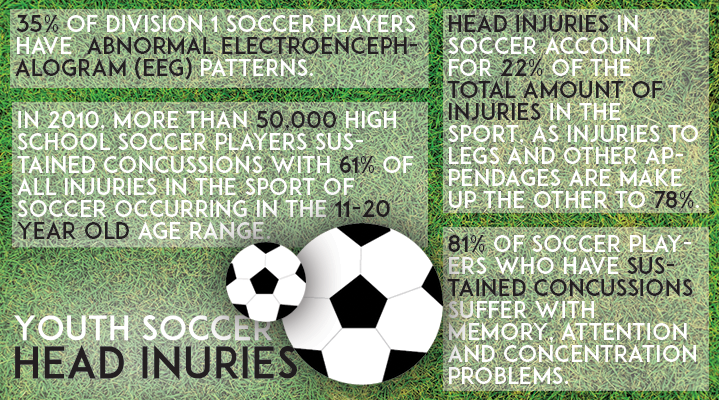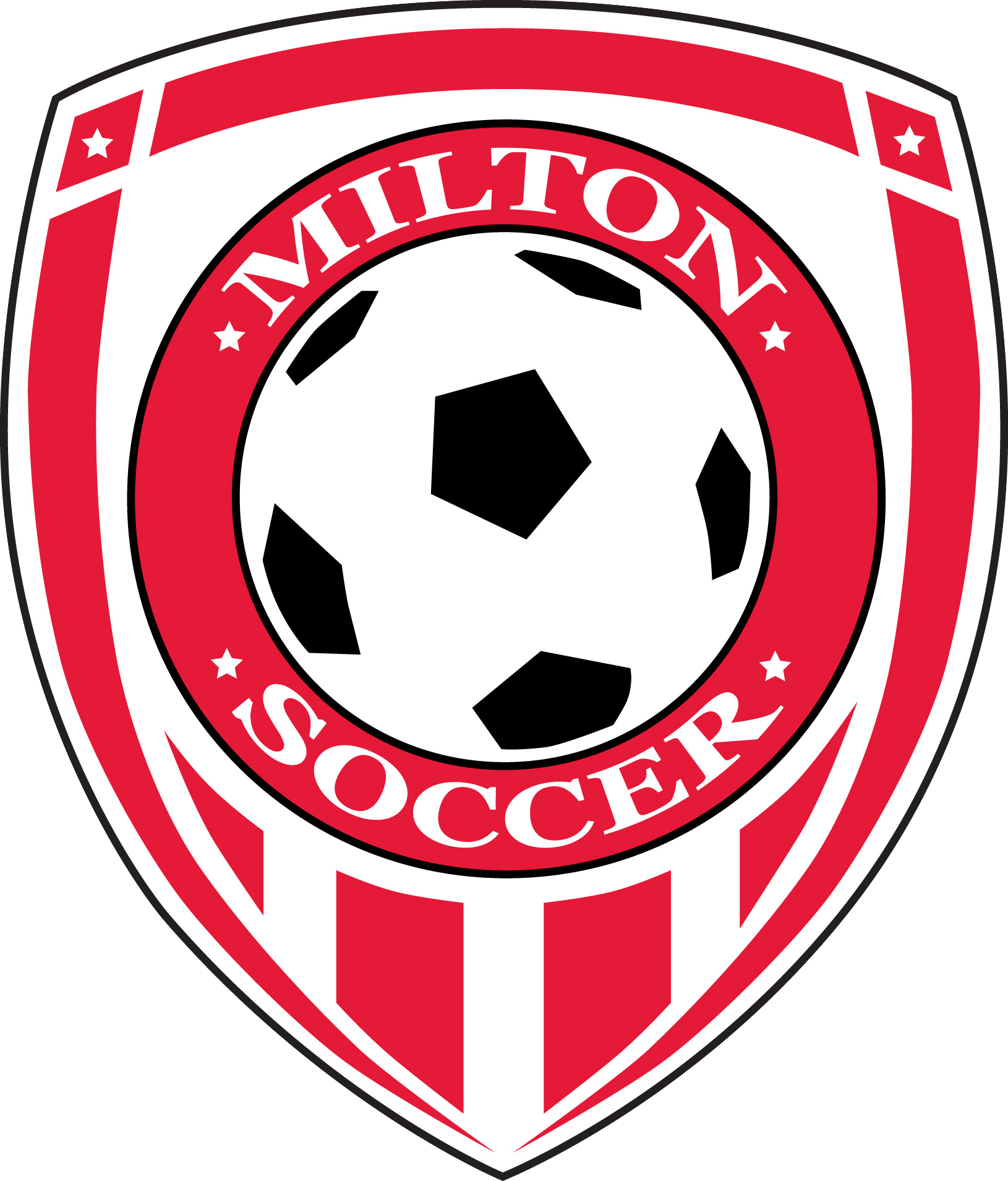 Since the fall of 2012, Milton Soccer requires all coaches to take the Center for Disease Control (CDC) on-line concussion training course for coaches. We strongly encourage parents of players to take the course too. The course takes approximately 25-30 minutes to complete which is time well spent for the safety of our players and children.
Since the fall of 2012, Milton Soccer requires all coaches to take the Center for Disease Control (CDC) on-line concussion training course for coaches. We strongly encourage parents of players to take the course too. The course takes approximately 25-30 minutes to complete which is time well spent for the safety of our players and children.
You can access the course through [CDC Concussion Training for Coaches]
BAYS Concussion Policy Information [can be viewed here.]
Milton Soccer Concussion Policy
- All coaches must complete the CDC concussion training course before being allowed to coach a practice or a game.
- Coaches are required to sit a player out for the remainder of a practice or game if the player sustains a blow to the head or a jarring collision that causes the coach to suspect a possible mild or traumatic brain injury.
- Coaches must notify the parents of any such incidents.
- If a coach requires a player to sit out, the player's parents should not return their child to play until the player is seen and given permission to return to full play by a medical professional.
- The coach retains the prerogative to prevent the player from returning to the field if the coach feels that the player is still at risk. The parent bears the responsibility to ensure the child is healthy enough to play.
If the player experiences one or more of the following signs or symptoms, he or she should be be referred to a health care professional to determine if the player has a concussion:
- Appears dazed or stunned
- Is confused about events
- Repeats questions
- Answers questions slowly
- Can't recall events prior to the injury
- Can't recall events after the injury
- Loses consciousness (even briefly)
- Shows behavior or personality changes
- Headache or "pressure" in the head
- Nausea or vomiting
- Balance problems or dizziness
- Fatigue or feeling tired
- Blurry or double vision
- Sensitivity to light
- Sensitivity to noise
- Numbness or tingling
- Does not "feel right"
- Difficulty thinking clearly
- Difficulty concentrating
- Difficulty remembering
- Feeling more slowed down
- Feeling sluggish, hazy, foggy, or groggy
- Irritable
- Sad
- More emotional than usual
- Nervous
Players should be seen in an emergency department right away if he or she has:
- One pupil (the black part in the middle of the eye) larger than the other
- Drowsiness or cannot be awakened
- A headache that gets worse and does not go away
- Weakness, numbness, or decreased coordination
- Repeated vomiting ro nausea
- Slurred speech
- Convulsions or seizures
- Difficulty recognizing people or places
- Increasing confusion, restlessness, or agitation
- Unusual behavior
- Loss of consciousness
If it is determined that the player did experience a concussion, the coach will need a note from the doctor saying it is okay for the player to resume practices and games.
